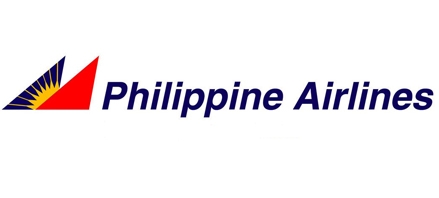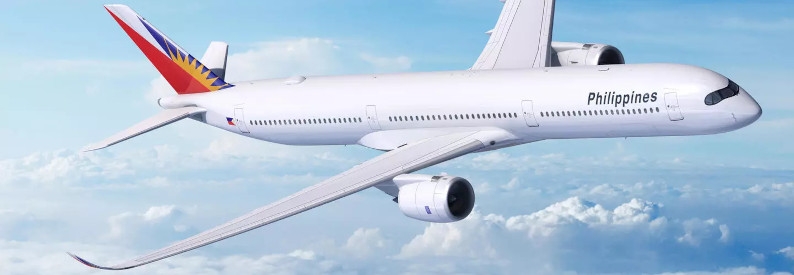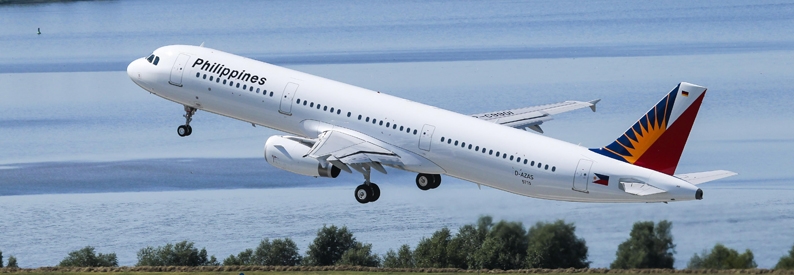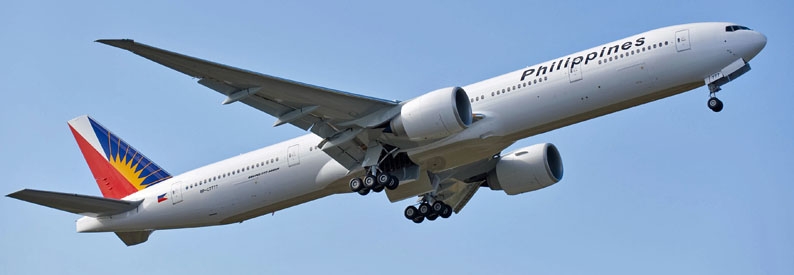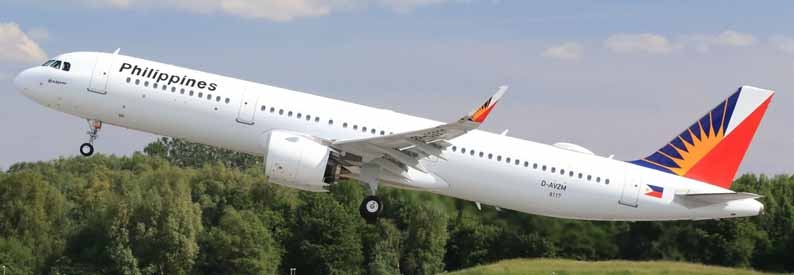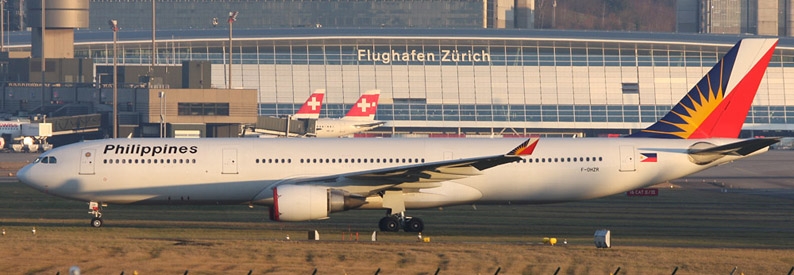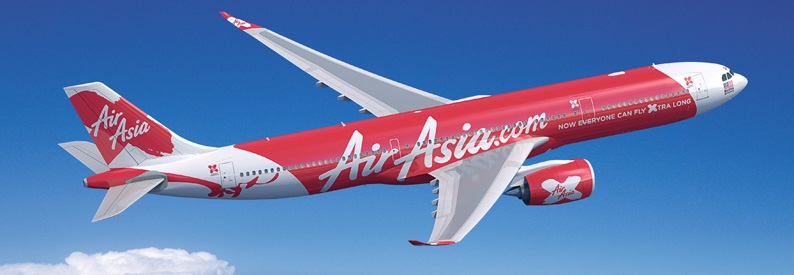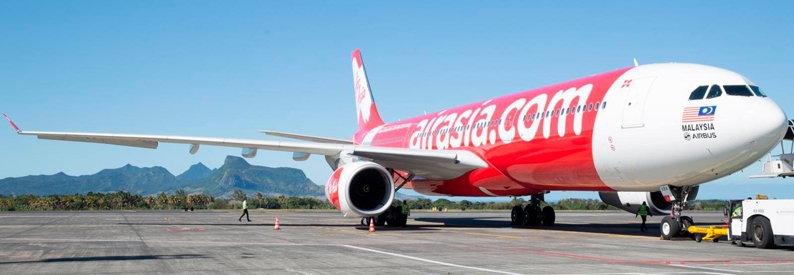Philippine Airlines (PR, Manila Ninoy Aquino International) has pledged 15 aircraft, replacement engines, and frequent flyer miles as collateral to secure loans needed as part of its ongoing restructuring process.
This is according to a September 17, 2021, notice of filings of additional restructuring support agreements (RSA) between Philippine Airlines and various counter-parties with the US Bankruptcy Court in the Southern District of New York, where the airline is in voluntary Chapter 11 bankruptcy proceedings aimed at paring off USD2.1 billion of its USD6 billion debts.
This comes after it recently won approval from the court to draw up to USD20 million from a USD505 million debtor-in-possession (DIP) term loan facility covered by the controlling shareholder, Buona Sorte Holdings Inc., owned by the family of tycoon Lucio Tan. The DIP facility is to be split into two tranches of USD250 million (Tranche A) and USD255 million (Tranche B) with an interest rate of 9.5% per annum, the term sheet shows.
According to the RSA, Philippine Airlines shall put up the following security package for the USD250 million Tranche A of the term loan facility:
- eight mid-life A320-200s and related engines: RP-C8604 (msn 3087), RP-C8606 (msn 3187), RP-C8609 (msn 3273), RP-C8611 (msn 3455), RP-8612 (msn 4553), RP-C8613 (msn 3579), RP-C8614 (msn 3652), and RP-C8615 (msn 3731);
- four company-owned mid-to-end-life DHC-8-300s and related engines: RP-C3016 (msn 653), RP-C3017 (msn 657), RP-C3018 (msn 658), and RP-C3020 (msn 583);
- three company-owned DHC-8-Q400s and related engines: RP-C3031 (msn 4069), RP-C3036 (msn 4023), plus one unidentified aircraft:
- five additional spare engines; 1x General Electric, 1x Rolls-Royce, 1x International Aero Engines; and 2x CFM International powerplants;
- Mabuhay Miles loyalty programme contracts and related assets.
Creditors include Apollo PK AirFinance, Cathay United Bank, BNP Paribas, JA Mitsui Leasing, MUFG (Peak II), MUFG/JP Lease Products & Services, DAE Capital, Deucalion Aviation, Haitong UniTrust, Aircastle, Avolon, Goshawk, ORIX Aviation. TrueNoord, as well as AMCK Aviation, VAH, Macquarie AirFinance, GECAS, SMBC Aviation Capital, Castlelake, and EXIM Bank (United States of America).
Interest on the Tranche A loan facility will only be charged for the first 27 months with quarterly amortisation starting in month 28. Proceeds will be used to refinance pre-petition bridge loans, for the payment for fees, costs, and expenses of the DIP lenders, for working capital, administration costs of the Chapter 11 case, and for general corporate purposes of the company.
The USD255 million multi-draw commitment Tranche B of the DIP term loan facility will be secured through junior/sub-ordinated lien on the residual value of the Tranche A security package. It will be converted into 79.50% of the equity of the reorganised company upon the effective date.
Philippine Airlines may also use an optional exit facility of USD125 million with an interest rate of 10.5% to support operations after the Chapter 11 process is completed. This would be secured by the Tranche A security package.
Secured bridge loans of USD60 million and USD25 million dating from February and May 2021 are to be refinanced in full by the DIP term loan facility. Secured debt, including aircraft secured debt, is to be restructured.
As part of the overall restructuring of the company, Philippine Airlines’ fleet will be reduced from 91 as of 2019 to 70 aircraft. General unsecured claims shall receive their pro-rata portion (20.5%) of the equity of the reorganised company. Ordinary course trade claims held by trade creditors, vendors, suppliers, service providers, independent contractors or professionals that will provide goods and services to the reorganised company post-effective date shall be unimpaired and paid in the ordinary course of business.
All existing equity interest of Philippine Airlines shall be cancelled and holders of such interest shall receive no recovery. All existing interest held by Philippine Airlines in any subsidiaries shall be reinstated and remain in place.
Within 12 months post-emergence, Philippine Airlines shall launch an exchange process of converting shares in the reorganised company into shares in PAL Holdings, the publicly-listed parent of the airline. The reorganised company’s initial board shall consist of directors to be designated by the DIP term loan facility Tranche B lenders.
Prior to the Chapter 11 filing, Tan provided Philippine Airlines with a total of USD100 million in bridging funding that, according to the airline's attorneys, helped the airline continue operations and “avoid a devastating free fall into bankruptcy.”
